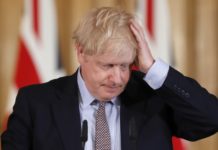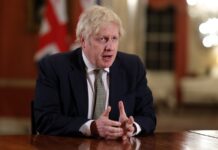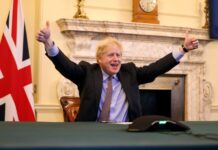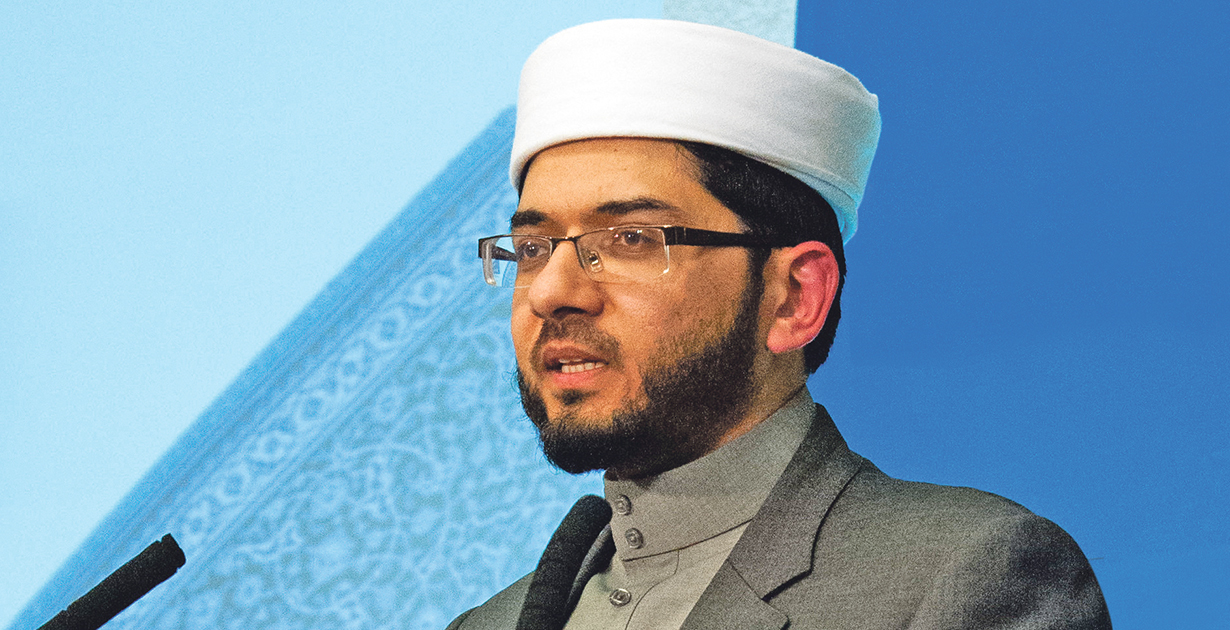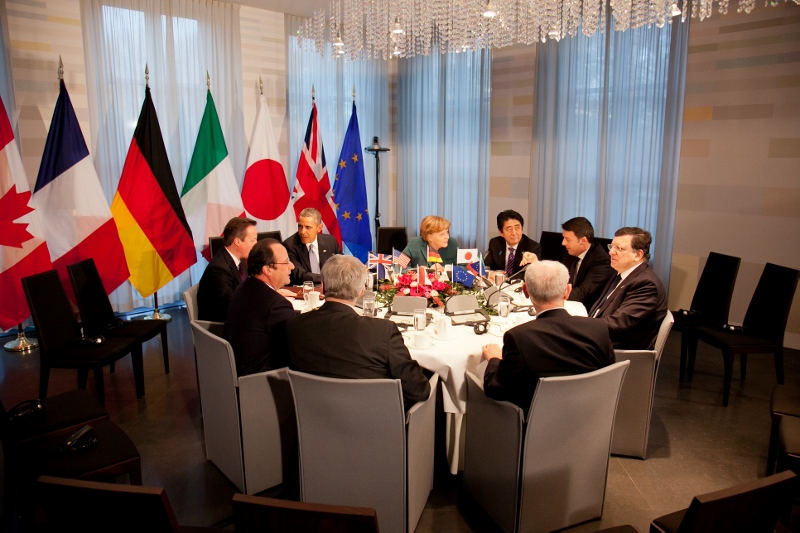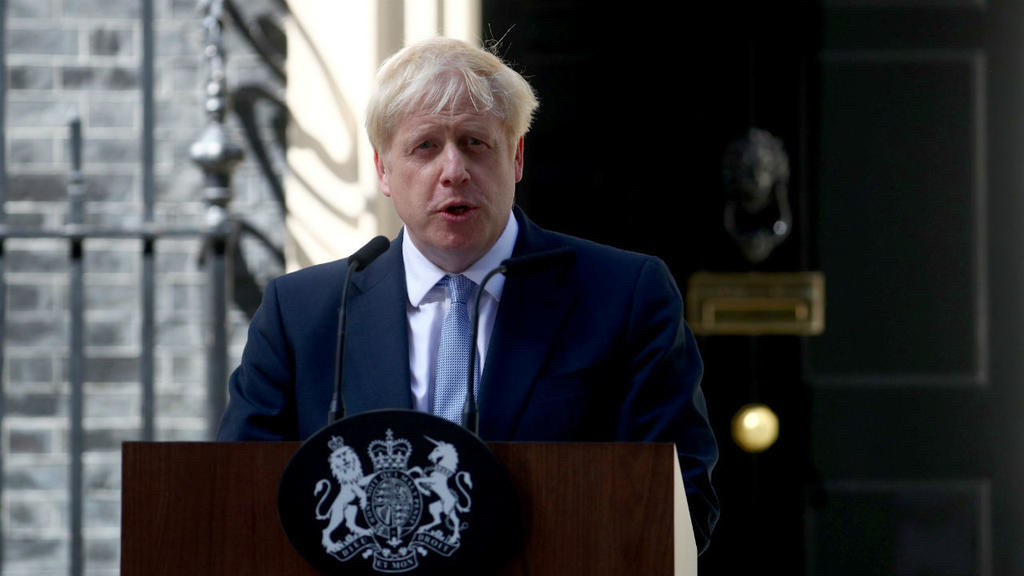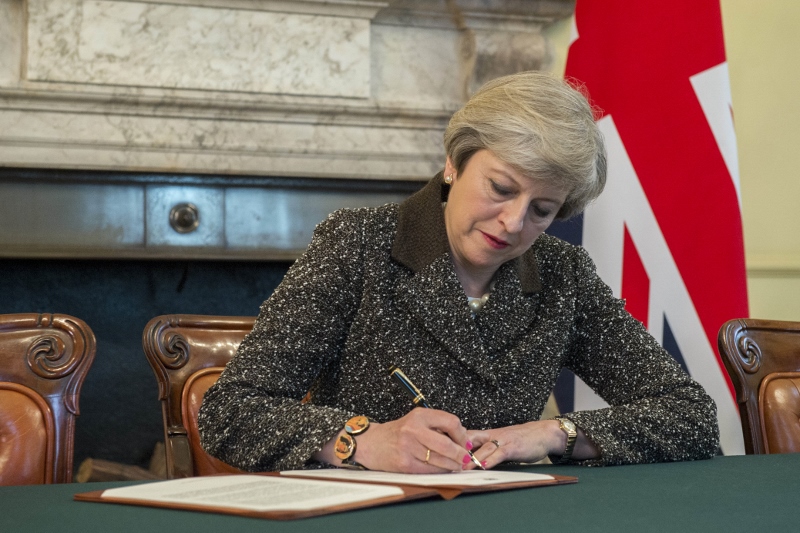
British Foreign Secretary Boris Johnson has been accused of telling at least four EU ambassadors that he supports freedom of movement, despite campaigning against the policy during the EU referendum.
The leading ‘Leave’ campaigner had previously written to then Prime Minister, David Cameron, saying: “We are particularly concerned about the impact of free movement in the future on public services.
“Class sizes will rise and waiting lists will lengthen if we don’t tackle free movement.”
However, despite the message, the MP for Uxbridge and South Ruislip, has now told a number of high-ranking diplomats that he
Speaking under Chatham House rule, which enables comments to be reported but not directly attributed, one ambassador told reporters: “[Boris Johnson] told us he was personally in favour of it, but he said that Britain had been more affected by free movement of people than other EU member states.”
Another added: “He did say he was personally in favour of free movement, as it corresponds to his own beliefs. But he said it wasn’t government policy.”
Following the reports, a spokesman for the Foreign Secretary said there was no evidence that Mr Johnson had made such remarks.
“Boris said what he has said many times before – he is pro-immigration but wants to take back control to limit numbers,” the spokesman said.
“He did not say he supported freedom of movement and challenges anyone to show proof that he ever said that.”
Critics of the Foreign Secretary have highlighted their disapproval of the alleged comments, with Liberal Democrat EU spokesman, Nick Clegg, accusing Mr Johnson of ‘treating the voters like fools’.
The comments are also contradictory to the government’s standpoint following the Brexit vote, with Prime Minister Theresa May saying that controlling immigration is a priority in the EU exit negotiations.
At the Conservative Party Conference in October, she said: “We have voted to leave the European Union and become a fully independent, sovereign country. We will do what independent, sovereign countries do – decide for ourselves how we control immigration.”
The European Parliament describes the freedom of movement in the EU as the ‘cornerstone of Union membership’.
With a deadline set for the end of March 2017 for the triggering of Article 50 – which begins the official Brexit negotiations, the government have vowed to reach a deal which will cap immigration figures into the UK.


